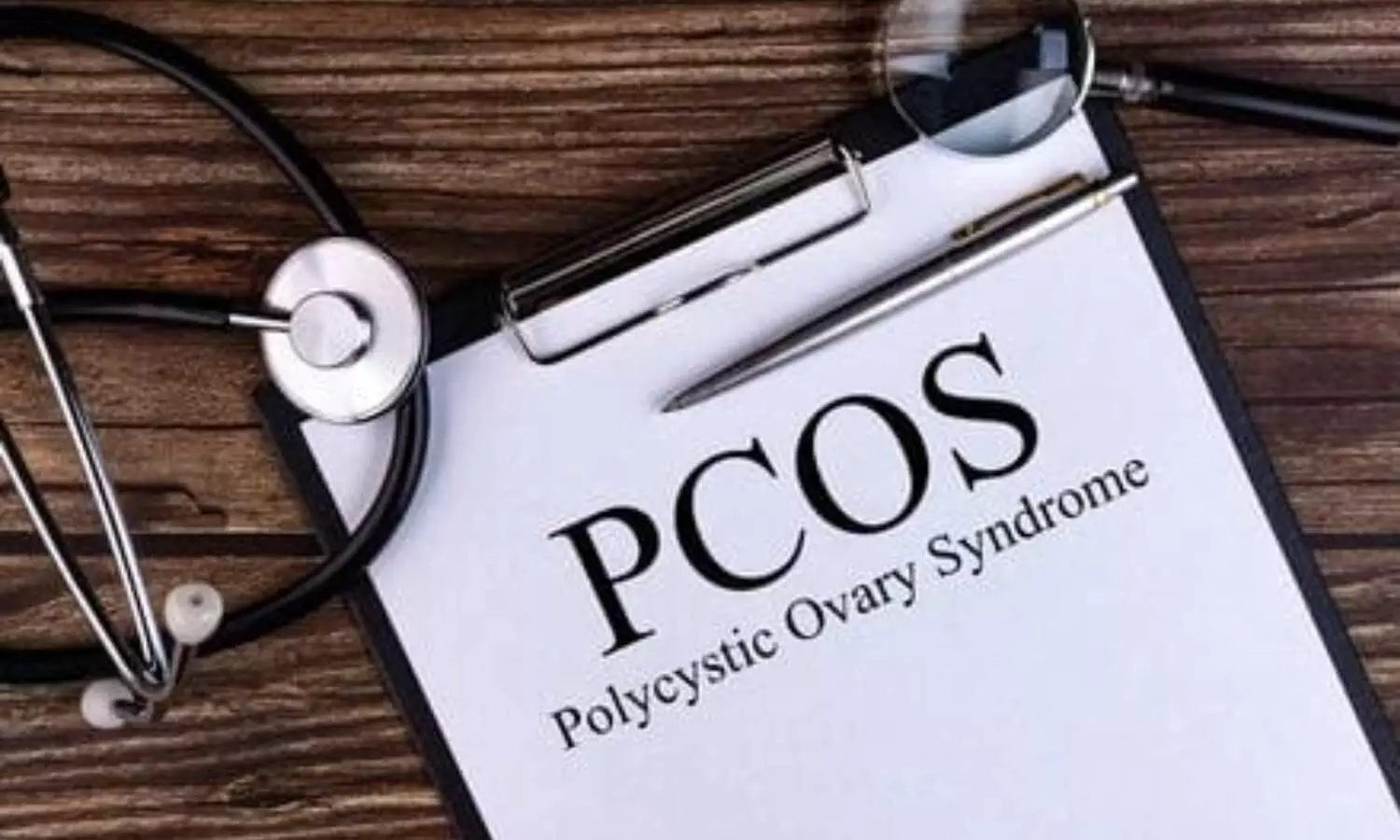Women with PCOS have Lower Parity and deliver children later finds study

Researchers have found that women with polycystic ovary syndrome (PCOS) attain lower parity and have a higher odds of having the baby after advanced maternal age than women without PCOS. The relationship is also linked to greater risks of complications in pregnancy, including gestational diabetes. A recent study was conducted by Dr. Maria and colleagues and was published in the American Journal of Obstetrics and Gynecology.
PCOS is one of the most common endocrine disorders affecting women of reproductive age. Many implications of the disorder are already well-documented regarding fertility and early reproductive years, but little is known about reproductive outcomes at the end of the reproductive lifespan in women with PCOS. Thus, the purpose of the study was to fill this gap by comparing maternal age, parity, and pregnancy-related complications between women with and without PCOS.
This analysis utilized the Australian Longitudinal Study on Women’s Health, a prospective population-based cohort followed up every three years from 1996 to 2021. The women were aged 18 to 23 years at the commencement of the study and followed up until they turned 43 to 48 years of age. PCOS diagnoses were assessed based on self-report.
Women with PCOS: n=981 (9.9%)
Women without PCOS: n=13,266
The researchers analyzed reproductive outcomes, such as parity, maternal age at childbirth, and pregnancy complications.
Key Findings
Parity and Nulliparity:
-
Women with PCOS had fewer births than women without PCOS (1.7 ± 1.3 vs. 1.9 ± 1.2; p<0.001).
-
The nulliparity rate was higher for women in the PCOS group (23% vs. 18%; p=0.003).
Maternal Age:
-
The first birth occurred among women with PCOS at a higher maternal age compared to women without PCOS (29.5 ± 5.5 vs. 28.8 ± 5.5 years; p<0.001).
-
Age at second birth was also higher (32.1 ± 5.2 vs. 31.1 ± 5.0 years; p<0.001).
Odds of Advanced Maternal Age:
-
PCOS increased the odds of advanced maternal age at first birth by 40% (aOR: 1.40; 95% CI: 1.10–1.80).
-
Late PCOS diagnosis nearly doubled the odds of advanced maternal age (aOR: 1.98; 95% CI: 1.22–3.22).
Pregnancy Complications:
-
The results revealed that PCOS is associated with a higher risk of gestational diabetes (aOR: 3.90; 95% CI: 2.99–5.10).
-
For type 2 diabetes, no association was found (aOR: 0.81; 95% CI: 0.43–1.50) nor for hypertension (aOR: 0.78; 95% CI: 0.59–1.03).
In comparison to the average population of women, those affected with PCOS encounter lower parity, delayed childbearing, and greater complications associated with bearing. Early diagnosis and targeted interventions are considered as crucial in managing such difficulties, particularly those concerning the risks associated with advanced maternal age. Those presenting with PCOS require ongoing monitoring and tailored reproductive care.
Reference:
Forslund, M., Teede, H., Melin, J., Tay, C. T., Loxton, D., & Joham, A. E. (2024). Fertility and age at childbirth in Polycystic Ovary Syndrome: Results from a longitudinal population-based cohort study. American Journal of Obstetrics and Gynecology. https://doi.org/10.1016/j.ajog.2024.11.010



